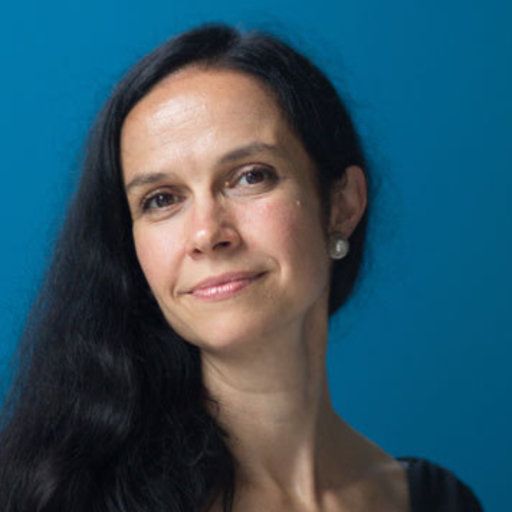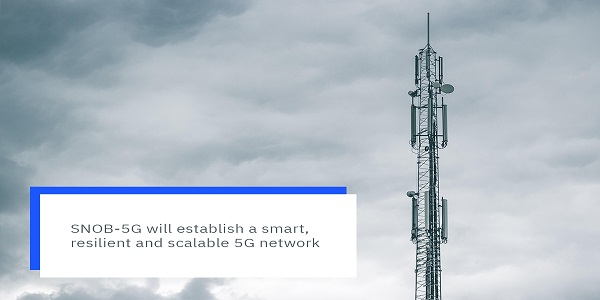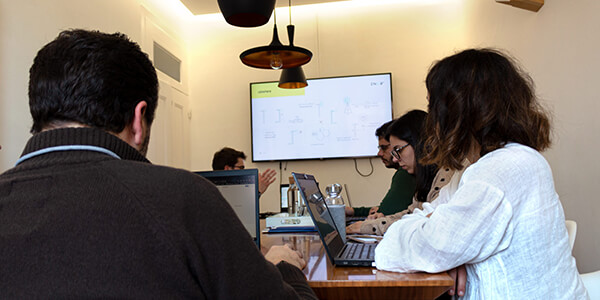SNOB-5G : Scalable Network Backhauling for 5G

ABSTRACT
Upcoming 5G networks demand massive and dense rollout of Small Cells in urban environments to meet the challenging bandwidth, capacity and latency requirements of new and innovative services. In order to do so efficiently, and in a cost-effective manner, Operators and Tower Companies must take advantage of new technology, to assure fronthaul and backhaul requirements. The latter, specifically, impose new challenges in network planning as optical fiber, the preferred medium, may not always be available and its deployment costs may deem such installations unfeasible.
Given the importance of 5G networks, it is clear that its implantation and expansion, should not be held hostage by the availability of wired connections to support backhaul communication. Wireless links are commonly used in fixed network topologies; however, its throughput may not always be enough for envisioned 5G networks and services.
To overcome these bottlenecks, and build a high-bandwidth wireless backhaul between 5G radio units, work has to be carried at different software levels. By introducing Artificial Intelligence (AI) into such systems, they can be fully autonomous and work in a mesh topology, connecting to others in the vicinity, if a specific wireless link does not provide the required QoS, or has even been shut down for unknown reasons. This would allow for the design of a truly highly resilient and fault-tolerance network with no single point of failure.
Given the volatility of such links, the backhaul network should be autonomous, self-organized and resilient enough to support critical features of 5G such as edge-based and SDN with excellent levels of security and privacy.
The considered solution will be evaluated under distinct city-wide use cases with specific and challenging requirements. This intelligent wireless backhauling solution will be integrated in a commercial product explored by Ubiwhere, the Smart Lamppost , increasing the value of such platform and empowering the introduction of a Neutral Host in the 5G business-level, which may or may not be an Operator per se, and usually makes use of widely available street furniture (such as streetlight poles) to add additional telecom towers.
| Scientific Area | Sustainable Cities | |
| Leading Institution |  Rui A. Costa co-CEO Ubiwhere | |
| Participating Institutions | IT – Aveiro ; University of Coimbra | |
| PT Research Team | From University of Aveiro; Institute Telecommunications Prof. Susana Sargento Prof. André Zúquete From Department of Informatics Engineering, University of Coimbra Prof. João Paulo Vilela Prof. Marília Curado Prof. Marco Vieira | |
| MIT PIs |  Prof. Muriel Medard MIT Electrical Engineering & Computer Science | |
| Duration | 3 years | |
| Publications | – Abreu, D. P., Velasquez, K., Paquete, L., Curado, M., & Monteiro, E. (2020). Resilient Service Chains through Smart Replication. IEEE Access, 8, 187021–187036. https://doi.org/10.1109/access.2020.3030537 – A. Cohen, R. G. L. D’Oliveira, S. Salamatian, and M. Medard, “Network Coding-Based PostQuantum Cryptography,” Sep. 2020, [Online]. Available: http://arxiv.org/abs/2009.01931. – A. Cohen et al., “Bringing Network Coding into SDN: A Case-study for Highly Meshed Heterogeneous Communications,” Oct. 2020, [Online]. Available: http://arxiv.org/abs/2010.00343v1. – S. Queiroz, J. P. Vilela, and E. Monteiro, “Is FFT Fast Enough for Beyond-5G Communications?,”Dec. 2020, [Online]. Available: http://arxiv.org/abs/2012.07497v1. – C. Silva, B. Sousa, J.P. Vilela, “CROCUS: An objective approach for SDN controllers security assessment,” EAI SecureComm, 2021 [Online]. Available: “https://www.dcc.fc.up.pt/~joaovilela/publications/crocus-securecomm21.pdf – Mariana Cunha, Ricardo Mendes, J.P. Vilela, “A survey of privacy-preserving mechanisms for heterogeneous data types” August, 2021 [Online]. Available: https://doi.org/10.1016/j.cosrev.2021.100403. | |
| What the media says | News: – Jornal Económico – SMART Cities – Wattson | |
| Project Website |  https://snob-5g.com/ |



